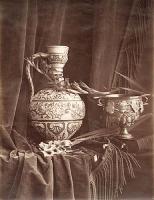
Anonymous Still Life of Vase, Chalice, Book and Flowers
In the early days of photography, it was only natural for the medium to adopt the still life as a key mode of expression in its bid to surpass the realism of painting. And as this exhibit shows (as does a complementary exhibit of 20th century works), the still life was destined to become one of the most enduring of all photographic modes, as the evolving capabilities of printing and camera technique allowed photographers to plumb the depths of representational and abstract expression.
During the 19th century, of course, abstraction was an almost accidental byproduct of the Pictorial instinct of early photographers, who sought mainly to meet or exceed the beauty of painterly representation through carefully composed arrangements of floral, domestic, and other everyday objects. Thus, the many anonymous examples gathered here seek to transcend the sepia-toned limitations of the early albumen- and salt-print techniques with artfully lit sprays and arrangements of flowers, capturing their complex textural details as evocatively as possible.
However, the timelessness of floral still lifes in this exhibit coexists with several fascinating period studies that bring many timely particulars of the mid-1800s into view. For example, images from a Parisian toy factory display a variety of toy soldiers, dolls, and even the toy-fabricating machinery itself. Other images range from religious reliquaries to Roman ornaments and even the ornately decorated sarcophagus of Victor Hugo in the Pantheon. Not surprisingly, there are images of dead game birds carefully mounted for the camera--a popular motif of still-life painting that extends back to the Dutch Masters--along with several images of pistols, rifles and other weapons of the day, such as cannonballs, spears and daggers, arrayed as if to create an historical tableau or simply to establish pride of ownership of these finely filigreed instruments of destruction.
Equally interesting are still lifes of architectural details of some of the great public works of Paris and France--for example, the urns of Versailles, decorative elements pertaining to the 19th-century rebuilding program in Marseilles, as well as models of some of the capitals of the then-new Louvre. As for many of the photographers themselves, their names are among the most important of the 19th-century--most notably Henri Le Secq, Edmond Lebel, Charles Negre, Adolphe Terris, Alphonse Jeanrenaud, Edouard Baldus as well as Auguste Salzmann, who brought a stark, almost modernist presence and simplicity to the still lifes of his Jerusalem series of reliquaries.
In all, these are wonderful examples of key early photographers (and earnest amateurs) and their evolving mastery of light, composition, and the printing techniques at their command. The quality of these images--in most cases, richly detailed and very sharp--connect us to their time and place with exceeding grace and command, evoking in us a rare sense of wonder.
Exhibited and Sold By
Contemporary Works / Vintage Works, Ltd.
258 Inverness Circle
Chalfont, Pennsylvania 18914 USA
Contact Alex Novak and Marthe Smith
Email info@vintageworks.net
Phone +1-215-518-6962
Call for an Appointment



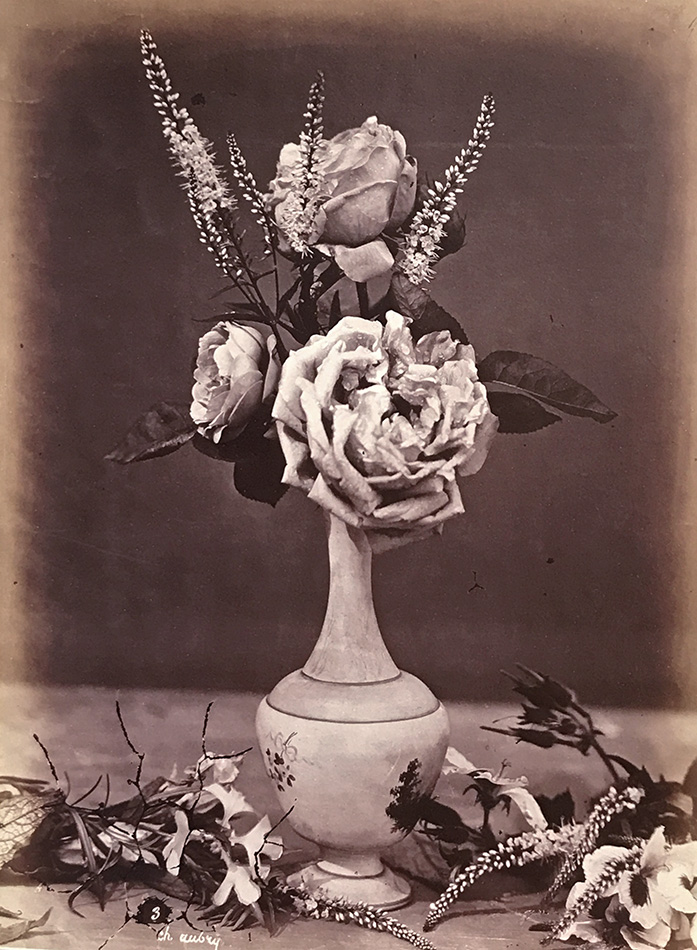
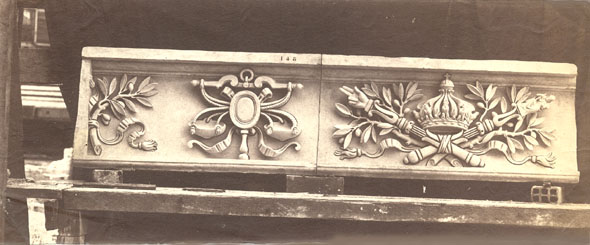

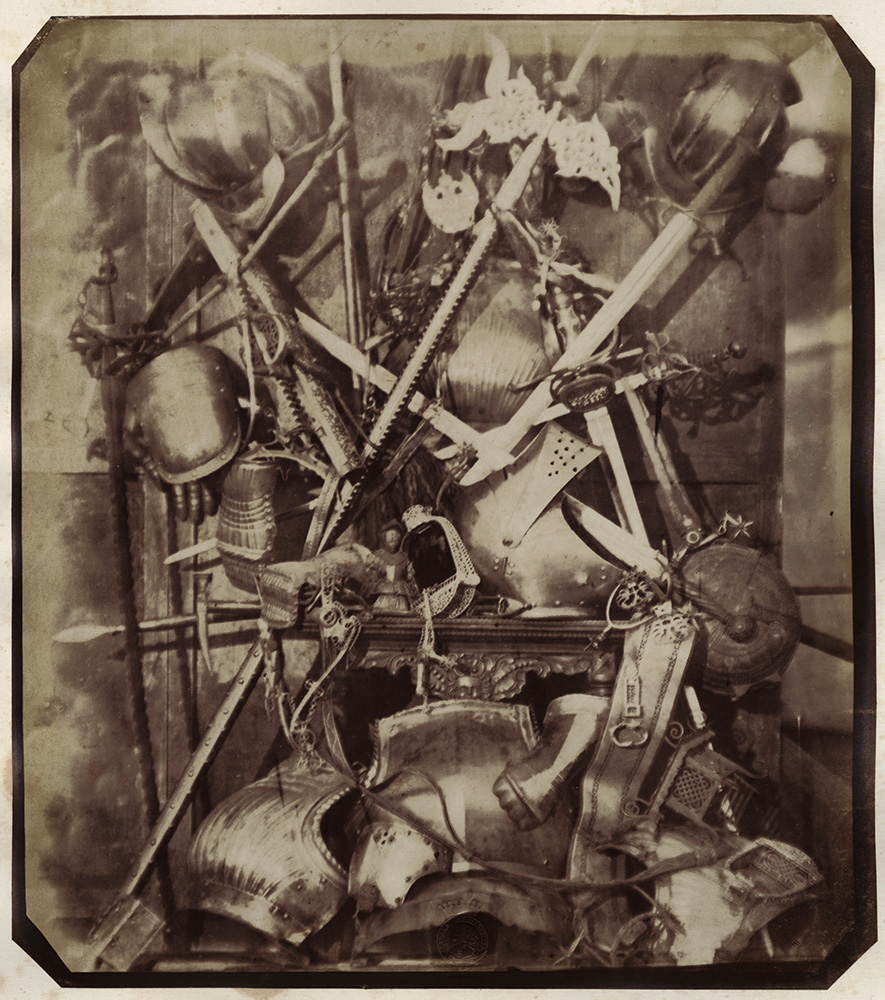

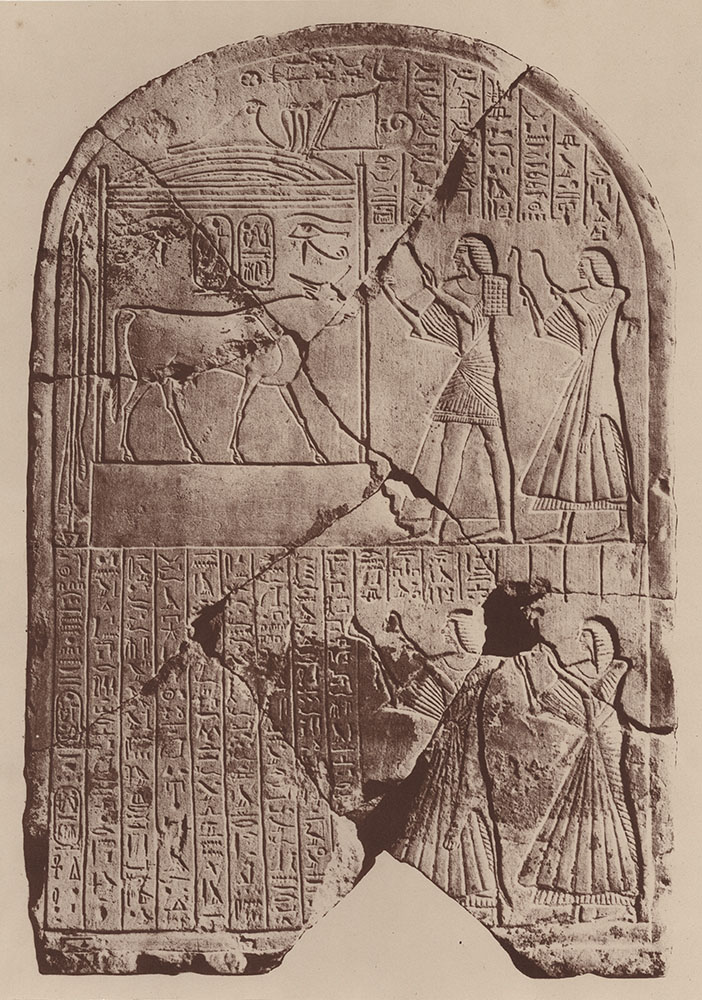


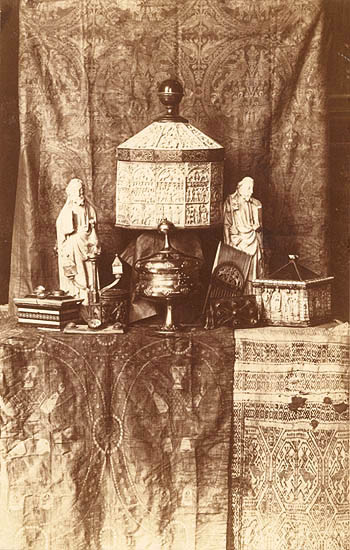

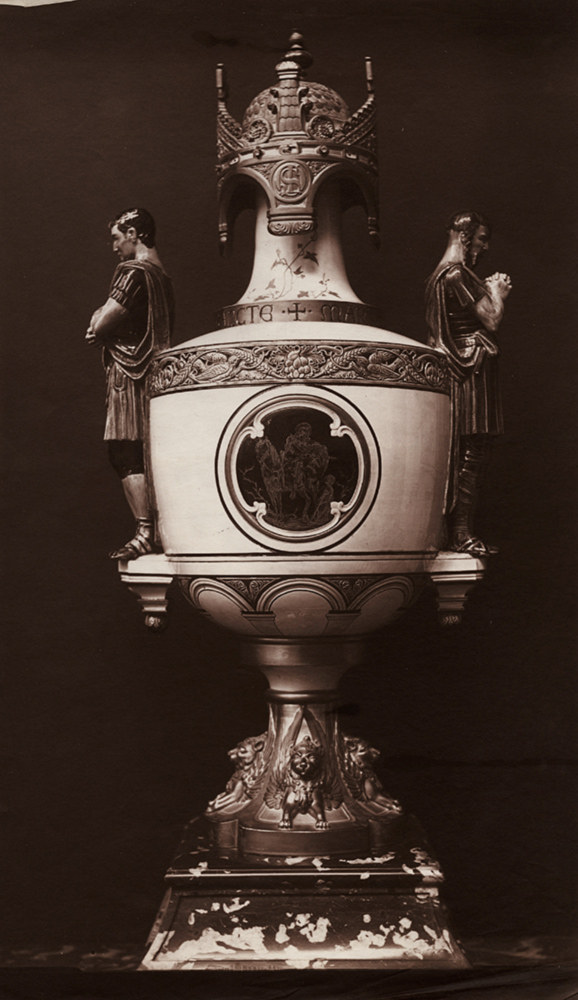
Share This